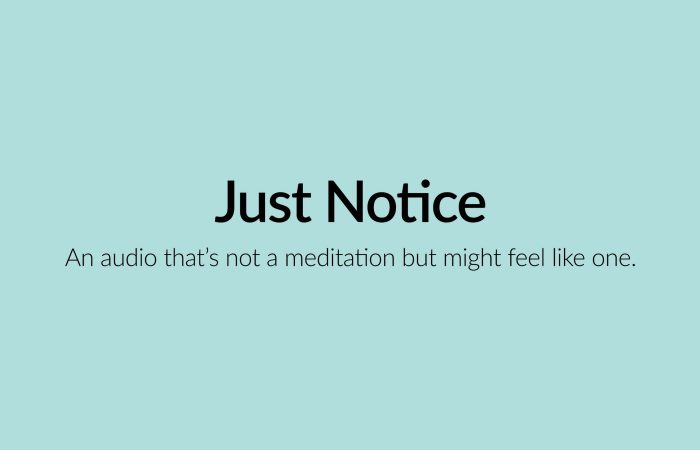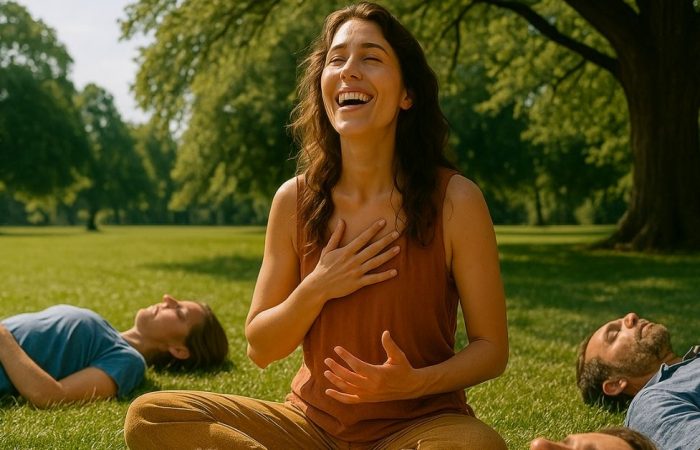What, to you, is a good life? How do you define that? How do you measure success or happiness in your life? How do you think you’ll feel looking back on your life, when at the end?
We all know that money can’t buy happiness. Or love. We know it as a concept yet, for some, there is still something driving them on to get more, have more, earn more so, supposedly, they will BE more.‘Money makes life easier,’ I heard recently and there’s truth in that. Yet some people have no desire to earn more money than what’s enough to pay their modest bills. They’re more interested in their art, or purpose, or being in service of others. For many, we can get caught up in the pursuit of achievement and acquisition, as if this measures our value or worth.
When we’re in our teens, 20s, 30s etc we know we define a ‘good’ life differently from when we’re in our 40s, 50s, 60s and then the definition is very different again when we’re an octogenarian.
I knew that in theory from all the books, videos and podcasts I’ve consumed, and by experience how my priorities have changed as I grow older. But I didn’t know this was actually studied by scientists for 75 years with 724 men! Did you know that? The Harvard Study of Human Development may be the longest study of adult life that’s ever been done. It’s rare to be able to achieve this sort of study; through luck and researchers’ persistence the study survived for 75 years and it’s still going on, now with the next generation included. These men were revisited every two years of life, to assess their physical, mental and emotional health.
t’s discussed in an amazing TED talk called *‘What makes a good life? Lessons from the longest study on happiness’ by Robert Waldinger. Check it out at the bottom of this post if you’re interested to hear it in full.
The upshot? Good relationships keep us healthier and happier.
This sounds like ancient wisdom, of course. You could say, ‘yeah, yeah I know that’ but have you known a study before which actually proves that emphatically – the study of real lives unfolding over 75 years identifying what kept them happy and healthy from teenage years to old age?
Three main points came out of the study, discussed in the TED talk:
1) Social connections really are good for us. Family, friends, community keep us healthier and happier and allow us to live longer than those who feel less connected. The experience of loneliness is toxic.
2) It’s the quality of our close relationships that matter. High conflict marriages/partnerships are really bad for our health. Worse than divorce. The satisfaction we feel in relationships at 50 or 80 is more important than the measure of cholesterol or wealth, and buffer us from the slings and arrows of life. Family feuds take a toll on people who hold grudges.
3) Good relationships protect our bodies and brains. If we feel we can really count on another person, regardless of arguments or ups and downs, it keeps us feeling brighter and sharper for longer.
To have a good life, Robert Waldinger encourages us to lean in to relationships, not work, to be healthy and happy.
I invite you to think about the relationships in your life. Are they as close, as authentic as you want them to be? If so, then you can be thankful for the joy, compassion and delight in your life keeping you fit as a fiddle. If they’re not as warm as you want them to be, then do something about it. It’s never too late. Clearly it will make a big difference to your health and theirs.
‘Only love can bring us peace. And the experience of love is a choice we make, a mental decision to see love as the only real purpose and value in any situation.’ – Marianne Williamson
Life is a daring adventure or nothing,
Geoff
*Source: TEDxBeaconStreet, an independent event. ‘What makes a good life? Lessons from the longest study on happiness’ by Robert Waldinger (the director of the Harvard Study of Human Development).
Shine On

Just Notice













